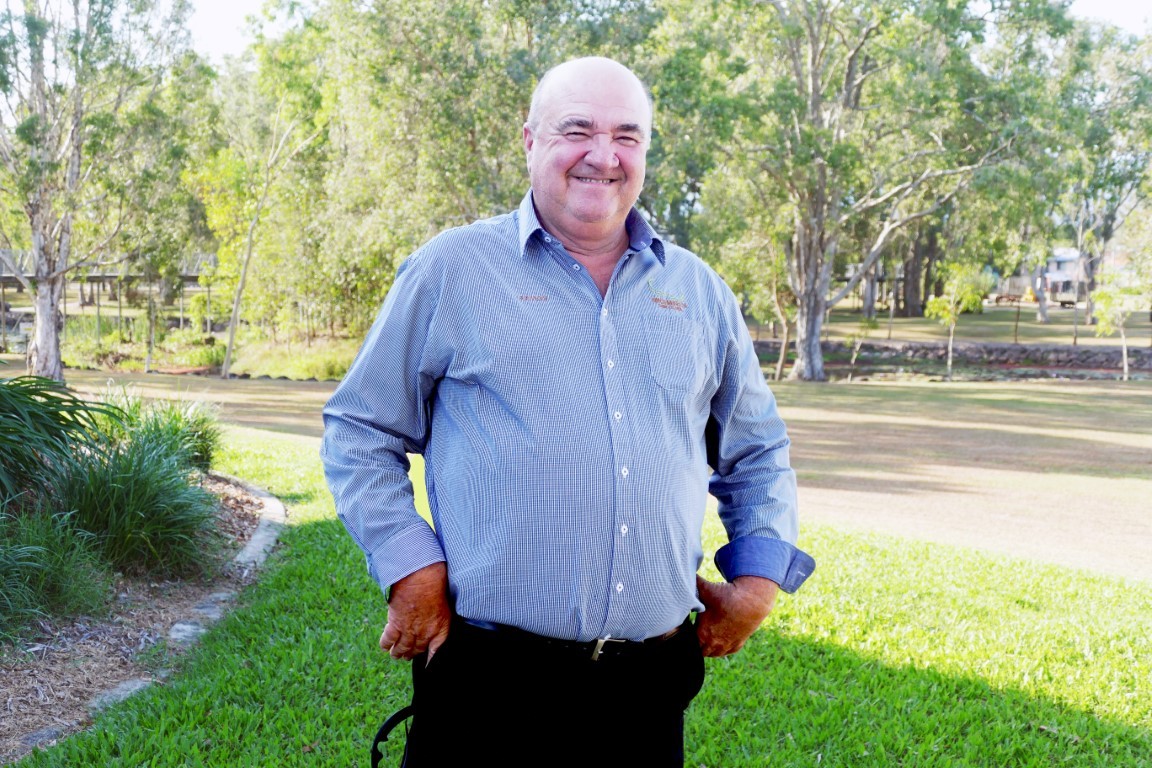


If you’re a cane farmer still dealing with flood debris, I want to use this column to speak directly to you.
There seems to be a lack of clarity as to what the process to remove the debris from paddocks actually is. If you come across debris while harvesting, you must pull the debris out of the road of the harvester, leave it in the paddock, and contact Council to report and arrange removal.
The debris needs to stay in the paddock for assessment to qualify for collection. I know it might sound a bit pedantic to say: “The debris must remain in the paddock,” or “You have to submit a customer request before we can assess your site,” but unfortunately, that’s exactly how the system works. Council does not make the rules. Much of what we can do is guided by rules developed by other levels of Government — but we do have to follow them. We just need to work within the structure we’ve been given.
So, if you’ve been putting it off — hoping for more time or a simpler process — now’s the moment to act. Call Council on 4776 4600 and lodge your request. Include your contact details, property info, and a photo of the debris if you can. If you can’t, that’s acceptable. As I said, if the waste is in the way, just push it aside — don’t remove it completely. Once you submit, your site will be inspected (usually within five days), and if eligible, we aim to collect the waste within about two weeks.
The current cleanup deadline from the State has been extended to 30 September, which is good news. We’ve asked for it to go further — at least to the end of the season — but so far, the State’s position is firm: no further extension will even be considered until more requests come through. In other words, they want to see demand before they act to extend.
None of this is perfect. But the help is real, and the support is here — as long as we work within the process and act early. So, I want to reiterate: call Council on 4776 4600 and lodge your request.
